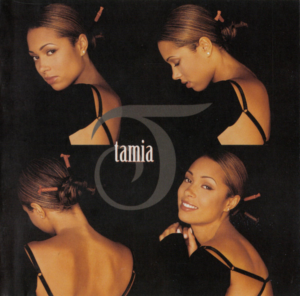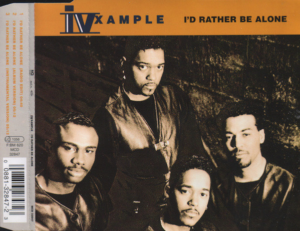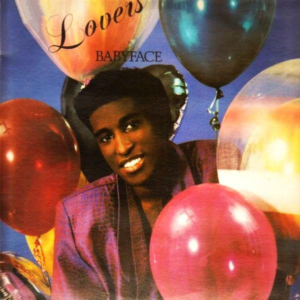
Second Listen Sunday: Tamia, Tamia
There’s no denying the exceptional talent of Canadian singer Tamia, whose voice stands out as one of the most distinctive in R&B. Her introduction to the music scene was marked by her captivating performances in two songs, the soulful ballad “You Put A Move on my Heart” and the Babyface duet “Slow Jams,” both featured on the 1995 Quincy Jones album Q’s Jook Joint. Tamia’s collaborations with Brandy, Gladys Knight, and Chaka Khan and her contribution to the legendary ballad “Missing You” further solidified her reputation as a powerhouse in the industry.





